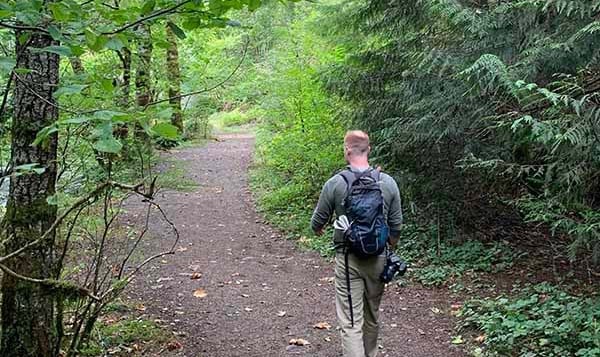Sign up now for my free 30 min consultation!
Letting Go: Your Path to Moving Forward
This post provides a brief overview of forgiveness as a crucial tool for releasing negative emotions arising from others' actions or self-criticism. It highlights that forgiveness, encompassing both others and oneself, is a practice for personal growth and moving forward by shedding the burden of held grievances.
Jason Shivers
3/11/20253 min read


You know, I've been talking about forgiveness on the channel, and I wanted to put together a little something in writing to go along with that video – a companion piece, if you will. You can find the video linked below this post.
Let's dive a little deeper into this idea of forgiveness, especially when it comes to other people. As I mentioned in the video, the whole idea of forgiveness really starts with whatever it was that caused that feeling originally. You know, that thing that came up and made you think, "I don't like this," whether it was something someone said or did directly to you, or even something you witnessed.
And so, when we talk about forgiving, it's like giving this forbearance back. It's about realizing, "I don't need this anymore." Perhaps that feeling even served a purpose initially, maybe it was there for us to feel it and then consciously release it. That's a big part of giving it away.
But what about when we turn that lens onto ourselves? That's a private thing, isn't it? And so often, we are our own worst critic. When we look at something we don't like about ourselves, it's so easy to just start beating ourselves up about it. And then, we start piling on all the other negative things we've experienced – things our parents said, or family members, or friends, or even just kids at school over the years. It can snowball so quickly.
So, how do we give that back? If we're feeling this negativity within ourselves, how do we forgive ourselves? Well, it starts in that very same way – by acknowledging that thing we're feeling so that we can put love into it. Think about it: whatever negative thought pops up, whatever that low vibration thing is – whether it's shame, or guilt, or fear, or anxiety, or sadness, or frustration, or anger – it's coming in because it's trying to have us move past it. Once we've moved past it, that feeling doesn't need to come in again, at least not with the same intensity, because you got the message. You welcomed it, you breathed through it, and then you let it go.
When that happens, we take our next step in our spiritual growth, in our human evolution, in our life experience – whatever you want to call it. And when that feeling comes around again, maybe it's not so bad. Maybe that experience of shame or guilt or fear or anger just kind of comes near but doesn't fully take hold and make us react.
That's really what this is about: having that patience to think, feel, and allow with gratitude and grace that this is a part of the human experience. Without these things (meat suits, flesh sacks, the body,) we can't feel, right? There's no need to feel without them. So, by using this vessel to start understanding all these feelings that come in – whether it's something from a long-time pattern of the past or something new and recurring – if we just give it that moment of grace and gratitude to say, "Okay, I hear you, thank you." And the thank you is for what comes after it, for the growth.
Think of it like practice. Just like when we want to get better at something, this is practice in being better at letting things go. That's how we can try and forgive ourselves. We can use that same practice we use with others. It often seems easier to forgive others because we think, "Well, they caused it in the first place, and now I'm letting go of what they did. They're just being them, you know? I can let that go. Maybe it'll happen again, maybe it won't, but I'm over it for now. I don't want to keep holding on to this weight, this forbearance."
But when we're always carrying that around, it can be like someone adding a little pebble to your backpack every day, and you don't even notice it getting heavier until all of a sudden you're like, "What the heck? I can't move! What's going on?" So, we can start taking those pebbles back out, or we can just dump the whole thing out, or even better, we can set the whole pack down and go, "Why am I even carrying this backpack around? I don't need that backpack of all of these things that I don't want anyway."
The Key to Letting Go
Remember, forgiveness, especially self-forgiveness, is a journey, not a destination. Be patient with yourselves, and keep practicing. You've got this.


(716) 520-8880
© 2025. All rights reserved. View Terms


